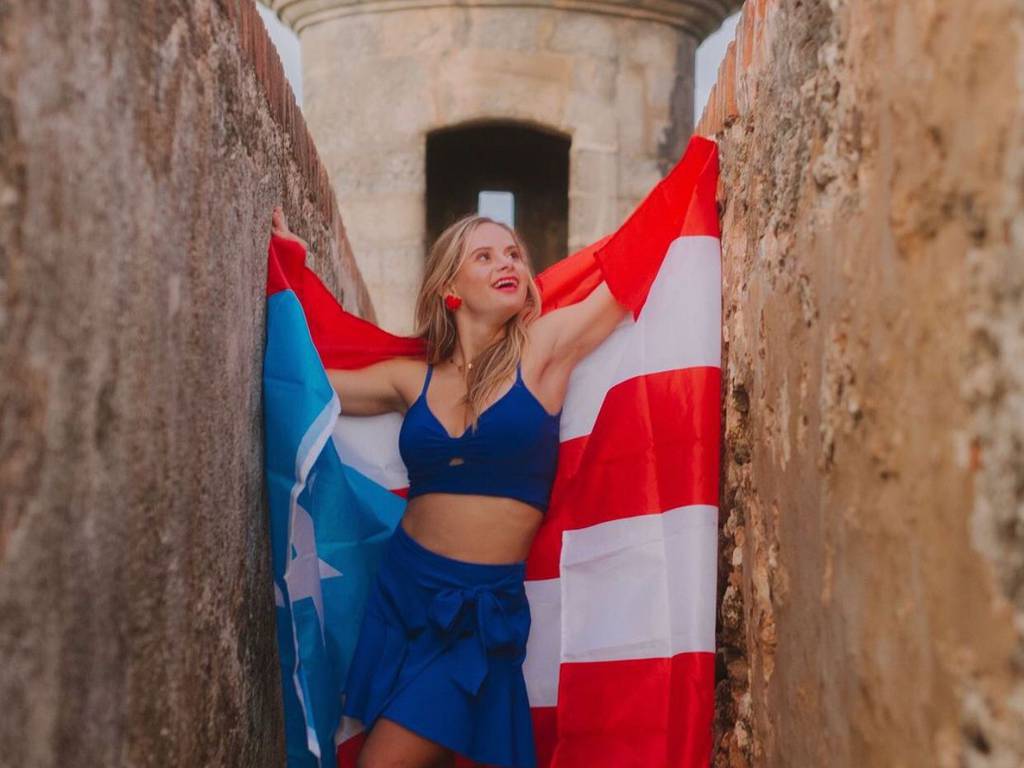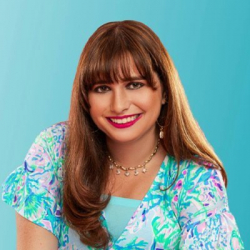24-year-old Jirau has Down Syndrome, is a professional model, and is Puerto Rican. Her inclusion in Victoria’s Secret campaigns is nothing short of history making.

Image Source: Culture Colectiva
While her inclusion has made for a viral moment surrounding the humanity of people with Down Syndrome, having Jirau as a model should be no surprise. People with intellectual disabilities, in fact, do not have special needs, but the same needs all of us do. Those needs and rights include support, love, education, and employment.
What makes Sofia Jirau exceptional is not that she has Down Syndrome or is a model “despite” having Down Syndrome, but how she confidently embodies all of those human qualities. It is not mere checkbox inclusion to have Jirau in a campaign for lingerie. Sex and disability is seen as a taboo topic. Intimates, such as bras, continue to be popular with increasing sales even as work-from-home seemed to call that into question. And yes, disabled people buy bras too (though finding an adaptable, comfy one might at times pose a challenge).
But disabled people also can be sexy, desirable, have needs, and want to look their best, and the fashion industry primarily ignores them. However, the fashion industry is finally warming up to adaptive fashion (including lingerie), and including disabled models and products that can be enjoyed in mainstream lines is a welcomed step forward. Feeling reflected in a campaign is critical.
Jirau is not a charity case – she’s been a working model since 2019, employed by an agency and partnering with Victoria’s Secret, and even owns her own online store. Jirau’s employment also highlights some other important trends. About 53% of adults with Down Syndrome are working in paid jobs, which albeit is higher than the general disability employment rate, is still not enough. Jirau’s identities take it a step further – she is a disabled woman, and she is also Puerto Rican. Hispanic and Latinx people with disabilities also face additional stigmas and stereotypes relating to disability, and also encounter employment disparities compared to other racial and ethnic groups.
Disabled people are a valuable consumer base, with businesses often missing out on valuable dollars by failing to appeal to disabled customers. The fashion and beauty industry is a multi-billion dollar industry, and affects each and every person who wears clothes or follows beauty trends. Even insiders and media, such as Allure, have taken note of disabled consumers, with its Beauty of Accessibility series.
It isn’t really exceptional or revolutionary to have a model with Down Syndrome, since people with Down Syndrome and other disabilities have needs and wear clothes and lingerie, and deserve to feel confident. If anything, her inclusion should cause us to reevaluate our biases as it comes to disability, work, sex, and what it means to be fully included in each and every aspect of our lives. Here’s to seeing models like Sofia everywhere, so all of us feel the true meaning of representation and can buy products that work for us while feeling reflected in their marketing.
About the Guest Author

Haley Moss, Esq.
Haley Moss made international headlines for becoming the first documented openly autistic attorney admitted to The Florida Bar. She received her Juris Doctor from the University of Miami School of Law in 2018 and graduated from the University of Florida in 2015 with her B.S. in Psychology and B.A. in Criminology. Haley is a speaker, educator, scholar, and consultant on neurodiversity at work, the Americans with Disabilities Act, autism, and disability-adjacent topics.
